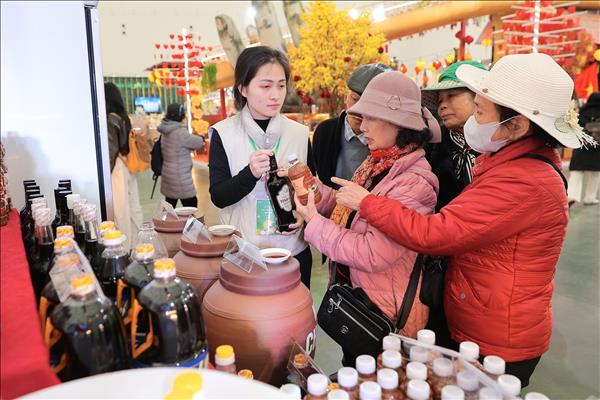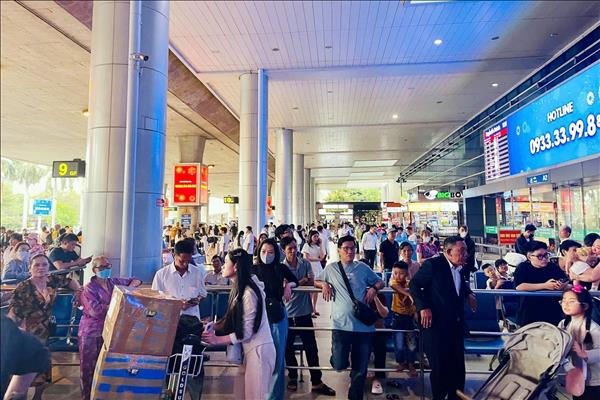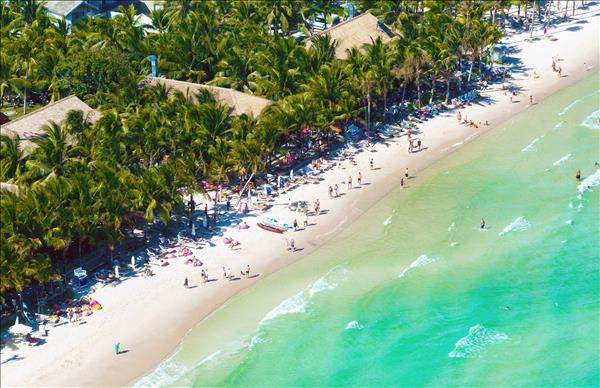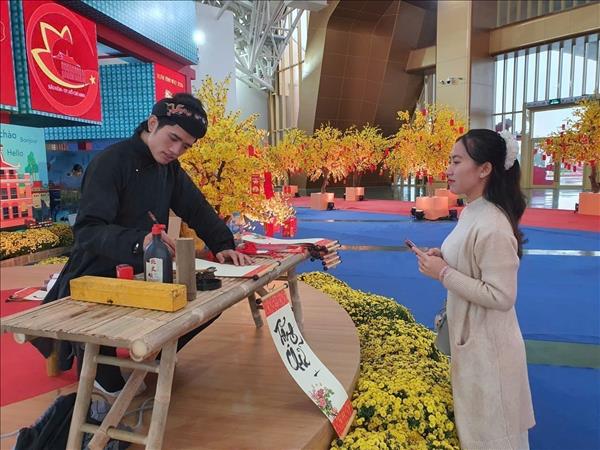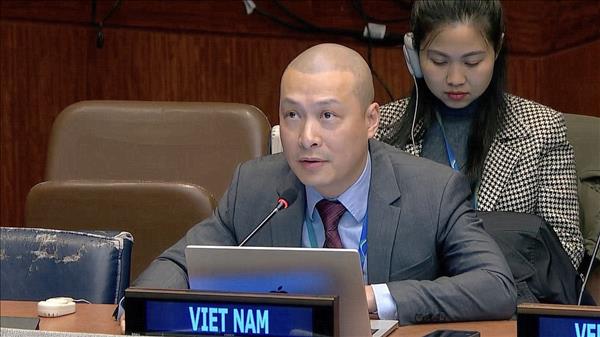The municipal Department of Tourism said it has asked businesses offering tourism and transport services in the city not to offer such tours, and encourage holidaymakers, especially foreigners, not to visit and take photos at the coffee shops.
The department also asked relevant agencies to seriously observe regulations on rail traffic safety and urban order, and assigned its investigation force to step up inspections and handling of wrongdoings.
The train street has been famous for its makeshift coffee shops, but also poses a major safety hazard. There are more than 30 household-based coffee shops along the train track running through Hang Bong, Cua Dong, Cua Nam, Hang Ma, and Dong Xuan wards.
Most residents lived there before the Law on Road and the Law on Railway Safety came into force in 1990. Relocating households that are too close to the line would take much time and resources, and Hanoi has still not issued a decision on the matter.
According to some longtime residents of Hang Bong Ward, the "train café street" is a modern invention. This area used to be apartment buildings close to the railway, and over the years these apartments have deteriorated. Some even became places where drug addicts frequented.
After some foreign tourists discovered this place in around 2018, pictures they took widely circulated on the internet.
Quickly catching up with the trend, some households have renovated and repaired the facades to turn them into coffee shops.
It was reported that many tourists have visited the rail section in Hang Bong ward, with some groups transported to the barrier on Tran Phu street, causing traffic congestions there, according to deputy director of the department Nguyen Hong Minh.
Hoan Kiem district has repeatedly ordered the closure of coffee shops along the train track and asked local households not to run these businesses at the dangerous site, yet the situation has seen no improvements.
The capital city welcomed some some 978,700 foreigners in the first three months of this year, 5.9 times higher than the same period last year, said the municipal Department of Tourism.
The number was part of the 5.9 million visitors coming to the capital city between January and March, a two-fold increase year-on-year.
Hanoi now houses 3,756 lodging facilities totaling 70,218 rooms. The average occupancy rate of the local 1-5 star hotels was estimated at 56.5% in the three months, up 37.2% year-on-year.
The capital aims to welcome 22 million tourists this year, earning 77 trillion VND (3.27 billion USD), increasing by 17.6% and 28.2% against 2022, respectively./.


